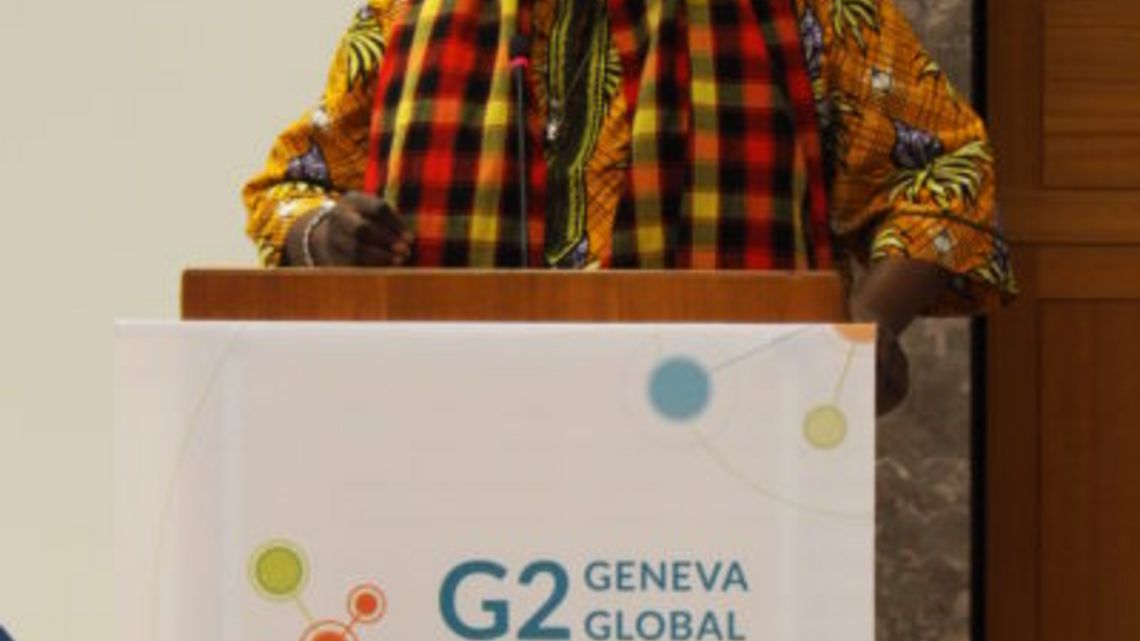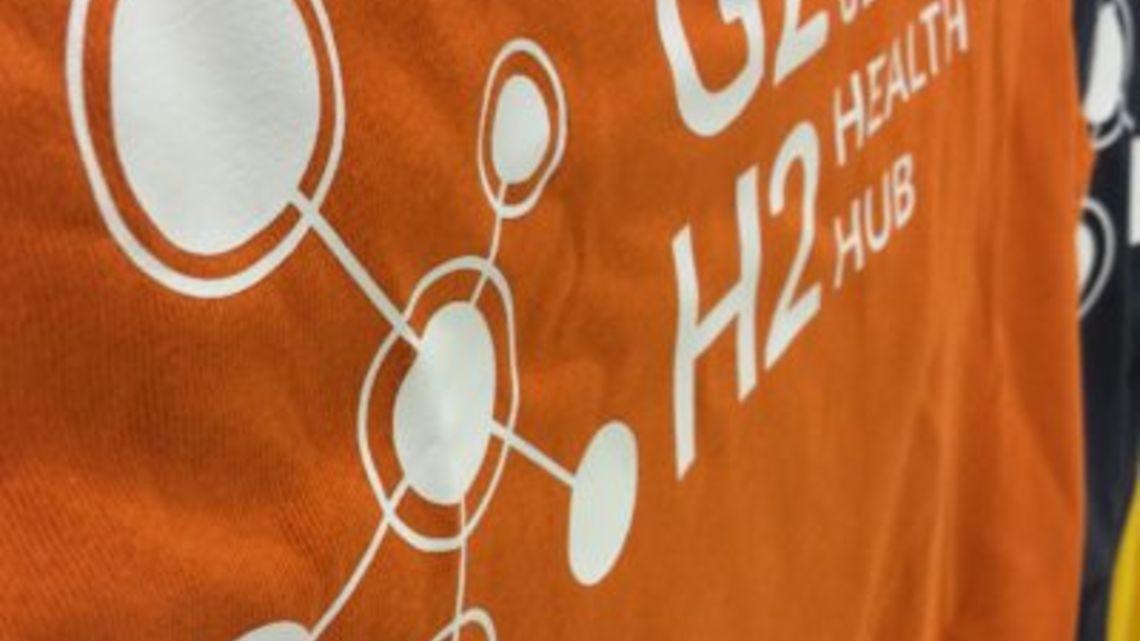The annual health week at WHO in Geneva
It is currently the week of the annual World Health Assembly of the UN-World Health Organisation (21st-26th May 2018 in Geneva) and health activists are eagerly awaiting its results. Before the official sessions started, Brot fuer die Welt together with almost 100 participants from NGOs and Social Movements as well as activits discussed during a workshop on "40 Years of Alma-Ata: Translating “Health for All” into the Present and Future". The workshop was organized by the Geneva Global Health Hub, a global NGO network, with representatives of Brot fuer die Welt, Difaem, medico international, MMI Network, People’s Health Movement, World Council of Churches and World Federation of Mental Health.
The Alma Ata Declaration of 1978 emerged as a major milestone in the field of global public health. Referring to the social, political and structural determinants of health, emphasizing the importance of accountability to the people, and proposing comprehensive Primary Health Care (PHC) as key to the attainment of the goal of Health for All, the Declaration still reads as a visionary and revolutionary text.
2018 - The year of Primary Health Care?
2018 is the year of commemorating and celebrating 40 years of the Alma Ata declaration. The official “AA40” celebration will take place on 25-26 October 2018 in Kazakhstan. In our full-day workshop ahead of the World Health Assembly, we critically revisited the Alma Ata Declaration and the core principles expressed in it (in particular: addressing determinants of health; global solidarity for health equity; accountability to the people and communities, access to comprehensive health care services for all through a system structured around the principles of Comprehensive Primary Health Care) for its potential to be used as inspiration and guidance in our quest for Health for All.
It became very clear, that realising the vision of Alma Ata is more urgent than ever. However, to achieve health for all, inequities have to be overcome, powerful interests to be challenged, and political and economic priorities must be transformed. The civiol society representatives present at the workshop formulated a 5 page statement on urgent steps to be taken. The summary says:
- Applying the principles of Primary Health Care as declared at Alma Ata 1978 is critical in achieving health for all by 2030.
- Community engagement and ownership is the key to health for all and essential for building resilient health systems that allow all people to access the health care they need.
- A skilled and motivated health workforce is at the centre of health systems at all levels. It must be recognized that community health workers play an essential part in realising universal health coverage and health for all.
- Strong people’s organisations and movements are fundamental to strong health systems.
- Access to essential medicines of good quality at an affordable price is part of health for all. Policies must ensure that research costs are delinked from the price of drugs and everyone has the right to access essential medicines.
- Health for all demands inter-sectoral collaboration and must provide access to prevention, promotion, treatment, care, rehabilitation and palliative care to everyone within a sustainable framework.
- Health is not only a matter of human rights, it is a matter of justice and requires a redistribution of wealth and significant changes in the global economic order.
- Equity in health and social justice must be the basis for all decision making.
- To ensure access to health services to all, service provision through public and not-for-profit providers must be given the primacy in health system planning and implementation. The ambiguities regarding UHC must be resolved with health care financing policies structured to prevent the commodification and marketisation of health care.
Background of the Geneva Global Health Hub
The civil society meetings ahead of the 71st World Health Assembly built on a long history of civil society engagement in global health governance and policy. The meetings organized by G2H2 and its working groups and members aimed at contributing to joint reflection and strategizing undertaken by civil society institutions considering themselves as “acting in the public interest”. G2H2 was set up in 2016 and it intends to contribute to longer-term strategic thinking and coherent and sustained action by civil society entities involved in global health advocacy. Brot fuer die Welt is part of G2H2 since early on.









